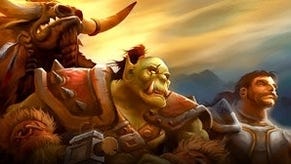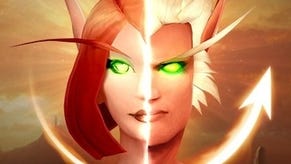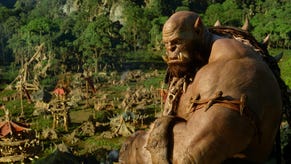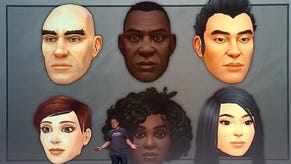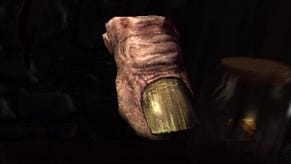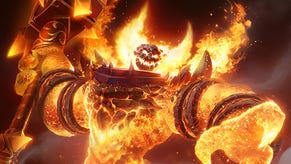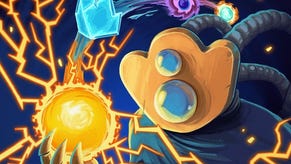World of Warcraft: Cataclysm
The re-making of World of Warcraft.
Less is more
One aspect of Cataclysm that Blizzard didn't mention at the first unveiling ended up causing the greatest uproar at BlizzCon. There's going to be a sweeping change to the way stats on items work, aimed at eradicating many lesser stats - mana regeneration, spell power, attack power, armour penetration and even defence will all be binned - and reassigning their benefits to core stats like spirit, intellect and agility, or to the talent trees. "We want to be able to add more depth and add more stuff to World of Warcraft, but it's really difficult to do that without at the same time removing some of the needless complexity," Chilton explains.
"So what we've done is we've taken a look at the game and decided what's working and what's not really working, like we're doing all the time, but we're doing it very aggressively. And we've come away with things like - do we really need the two-hand sword skill, for example? The actual skilling-up process of just hitting a mob over and over, it doesn't seem very interesting. If it's not adding much to the game then it's just making the game needlessly complex. Or we have Spirit and mana [regeneration], and they're both kind of doing the same thing, but you sort of have to be a mathematician to know which one you should have for your character."
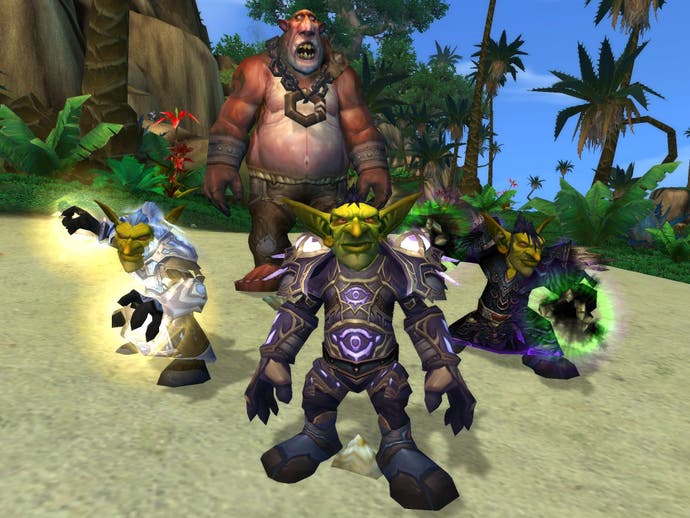
So it's not just in questing and zone design the Blizzard is taking out the trash. World of Warcraft is getting a truly deep overhaul in Cataclysm. Talent trees are getting pruned too; despite the five new levels they're not extending, and talents are being simplified, with many of their benefits ploughed into a new Mastery rating for each tree. Two classes also get big redesigns: Hunters lose mana and gain focus, a fast-recharging resource similar to Rogue energy, while Warlocks' soul shards are now spell-amplifying charges that regenerate out of combat.
All this simplification makes room for more depth elsewhere, and this will be delivered in the new character progression track, the Paths of the Titans. These Paths are completely independent of character class, and they're intended to provide satisfying advancement at maximum level away from the slow percentage gains of gear progression, with new talent-like skills being created by crafting and questing for Titan cults. The new Archaeology gathering profession - which all players can learn, like cooking or first aid - will feed into this, after allowing players to get utility and vanity items at lower levels.
These changes are the muddiest, most contentious, and hardest to read of what Blizzard is proposing for Cataclysm. But the company's willingness to remake its basic systems and even redesign a class, the Hunter, at the most fundamental level this late in WOW's life is thrilling, and the Paths - if they offer a genuine alternative to loot as a way to develop a max-level character - could change the endgame for good. But there's one final addition in Cataclysm that might have an even bigger impact on Warcraft life.
All for one and one for all
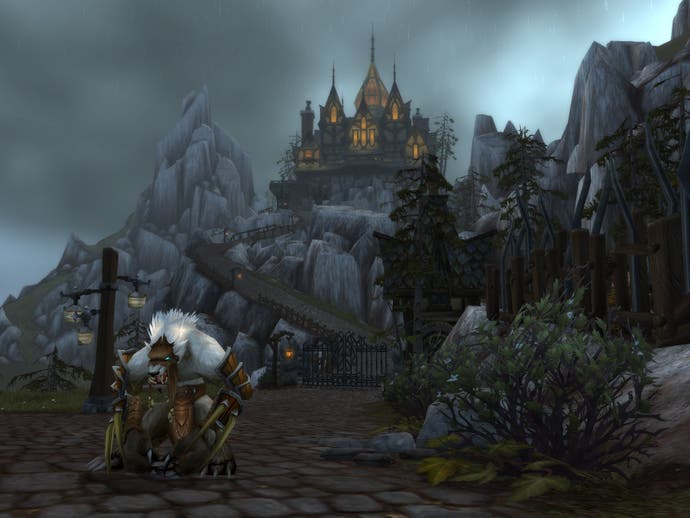
Beyond the critical adjustments to raid sizes, Blizzard has mostly refrained from social engineering in World of Warcraft, choosing to let its community be shaped by its content. Cataclysm changes that with the introduction of guild levelling and customisation, a system that doesn't reward individuals but societies - and that rewards them for being societies, and for sticking together.
Guilds will advance through 20 levels, gaining XP from the actions of their players: level-ups, boss kills, Battleground and Arena wins, improvements in profession or reputation ranks. Each level awards a guild talent point, which might be spent on a mass resurrection or summoning skill, or an increase to gold drops - something that will be useful to everyone in the guild without making individuals more powerful. Guild XP also converts to guild currency, which can be used to buy rewards: vanity items like mounts with guild flags, profession plans to make Heirloom items (which can't be taken with you if you leave the guild), cheaper potions. There will be guild achievements, too.
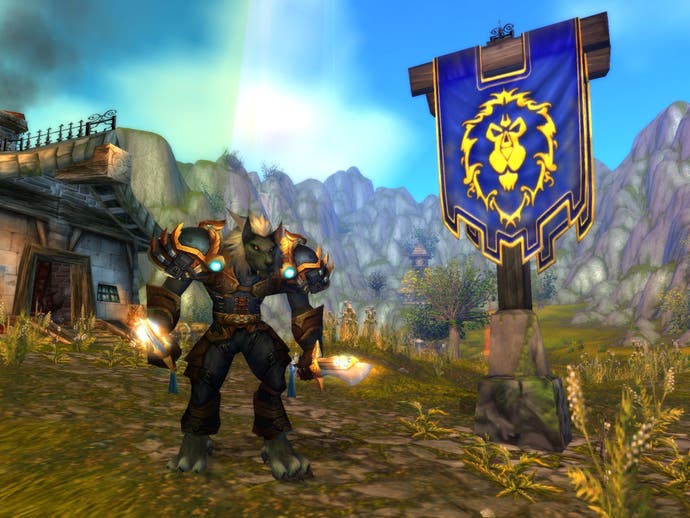
The system will tie into a new Looking for Guild interface where players can browse recruiting guilds' talents and achievements, see how they've defined themselves and whether they'd be a good fit. It's a huge step towards making it easier to find and join a guild, and more meaningful to do so, and a more lasting relationship when you do, because of the personal investment you'll have in its progress. Guilds make WOW more fun, and Cataclysm will make guilds more fun. It's a vital move for the future of the game.
But what, in this extraordinary expansion, isn't? Wrath of the Lich King stunned with its quality, but it was very conventional - 10 new levels, one new class - and by aiming at the maximum levels, it preached to the converted. Cataclysm shows that Blizzard's appetite for improving its game and expanding its audience even further isn't just undimmed by five years at the top, it's absolutely voracious. Any expectation that WOW might settle into a well-honed production line now looks ridiculous. This is nothing less than an attempt to remake an ageing MMO into a new game.
Can you do it, Mr. Sams? It's a very, very tall order, but we wouldn't ever bet against Blizzard. Should you, Mr. Sams? Without a shadow of a doubt.

